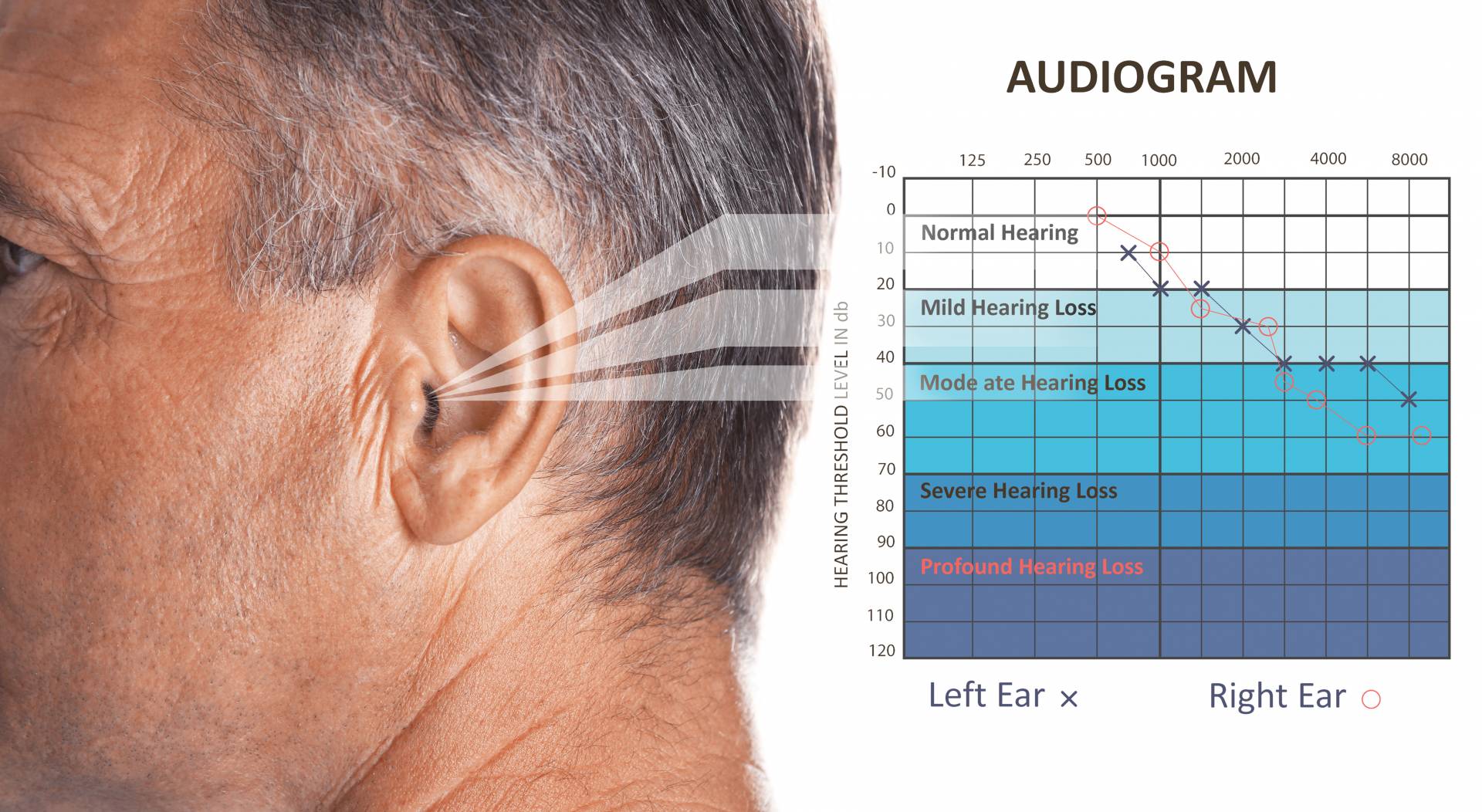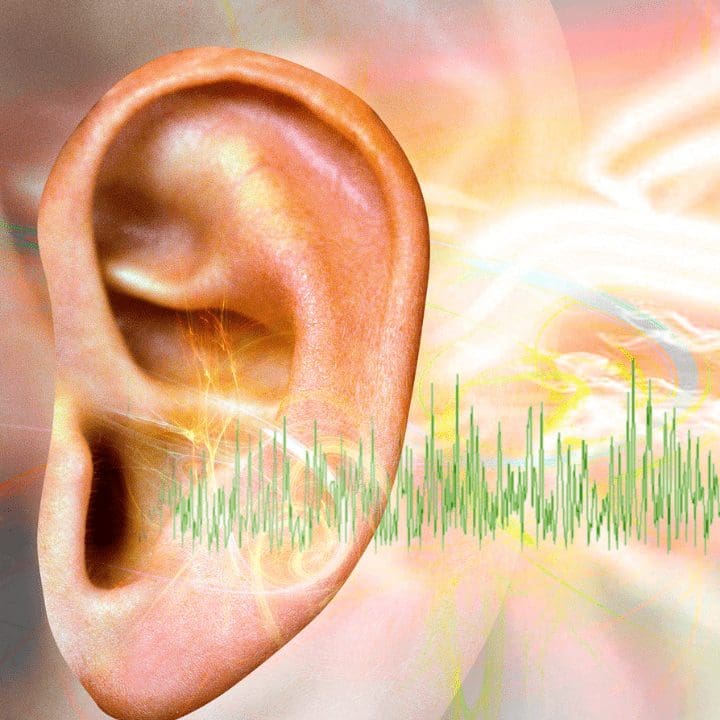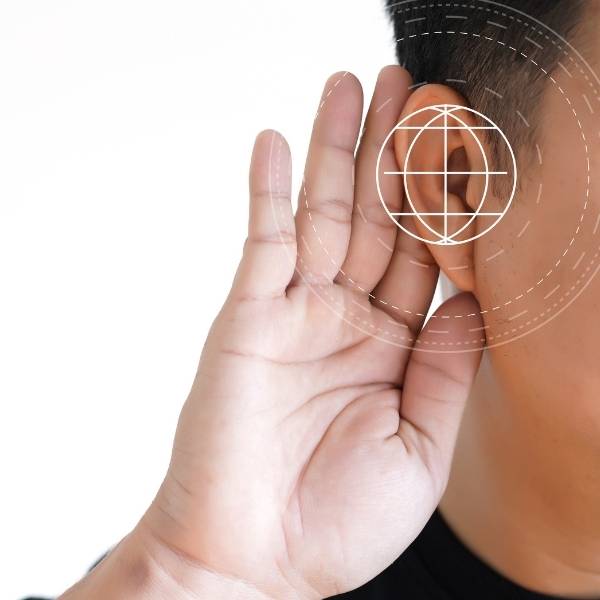Understanding the Different Types of Hearing Loss and Their Causes

Your hearing health professional can tell you if your hearing loss is sensorineural, conductive or central. These are the primary types of hearing loss, with the three types being mixed in some cases.
Sensorineural hearing loss is the most common type of permanent hearing impairment. The condition typically stems from problems with hair cells in your cochlea and or issues with the auditory nerve, which are often caused by noise exposure or other environmental factors like aging. Sensorineural loss cannot usually be corrected medically; however, it can help to limit sound volume levels at loud venues where you’re likely to experience this kind of damage.
If you want to avoid experiencing a sensorineural hearing loss later, make sure to protect your hearing from loud sounds whenever possible.


When sound waves are unable to reach the inner ear, it can lead to a conductive hearing loss. There are many different causes of this condition, including: accumulation of earwax in the outer part of your ear canal; fluid buildup inside the middle-ear (in the space between your eardrum and a membrane behind it that vibrates with sounds); abnormal bone growth on or around these membranes; perforation (a hole) in one or both ears’ drumhead layers–the tympanic membrane is what makes up a person’s eardrums.
In addition, there may be misalignment or other issues occurring at their ossicles which make them less sensitive for transmitting vibrations.
Conductive hearing loss should be investigated by a qualified medical doctor before undergoing a hearing aid fitting.
Due to the complexity of our hearing system, it is sometimes not an issue of the ears.
In a central hearing loss situation, sound waves are reaching the brain, and the cochlea is transmitting them, but they cannot be processed.
This is often related to other neurological or health symptoms, and is not usually solved by the use of hearing aids.

